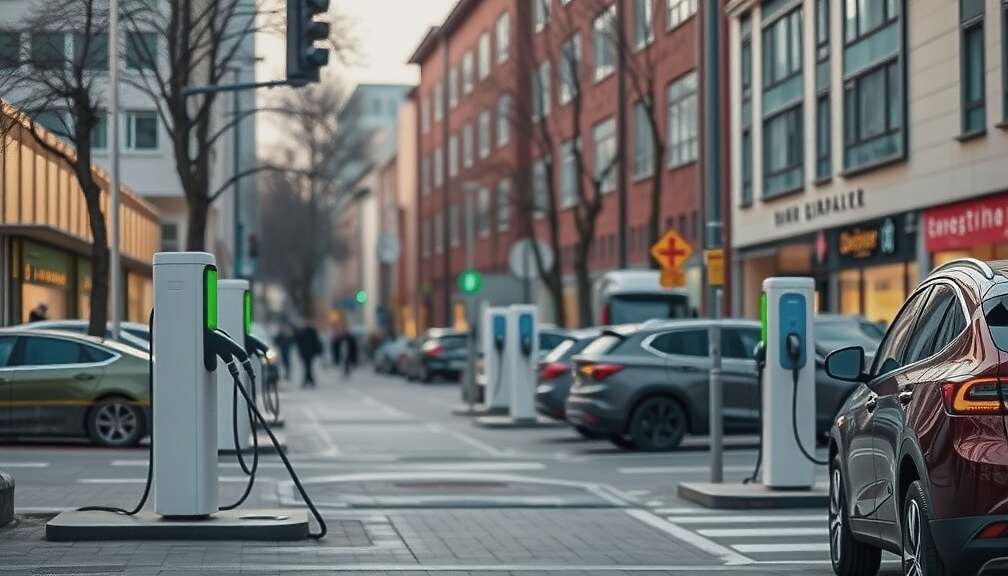The German Federal Ministry of Transport, under Minister Patrick Schnieder (CDU), has unveiled a draft “Master Plan for Charging Infrastructure 2030” initiating a period of stakeholder consultation. While framed as a roadmap for a ubiquitous and user-friendly charging network, critics are already questioning the plan’s ambition and potential for genuine accessibility.
The ministry claims the plan incorporates approximately 40 measures across five key areas, including boosting demand and investment and integrating charging infrastructure more effectively with the national electricity grid. Schnieder, in presenting the draft, emphasized a commitment to ensuring everyone can charge electric vehicles, stating that achieving this goal requires collaboration between federal, state and local governments, private companies, investors and the public.
However, the plan’s reliance on private investment and voluntary cooperation raises concerns about equitable distribution and affordability. Previous government initiatives focused on electric vehicle adoption have struggled to overcome discrepancies in charging infrastructure availability across regions, with rural areas and lower-income communities frequently underserved. While the plan touts improved grid integration, the ongoing bottlenecks in Germany’s electricity grid capacity – a consequence of sluggish upgrades and bureaucratic delays – remain a significant impediment to rapid charging infrastructure expansion.
Furthermore, the detailed implementation of the “40 measures” remains largely undefined. The devil, as always, will be in the details regarding funding allocation, regulatory frameworks and timelines. Stakeholder feedback will be crucial, but sceptics question whether the Ministry genuinely intends to act upon potentially critical observations regarding the plan’s practicality and impact on equitable access to electric mobility. The success of this master plan hinges not only on its design but also on the readiness of the government to overcome systemic barriers and proactively address the challenges inherent in a rapid transition to electric vehicles.












